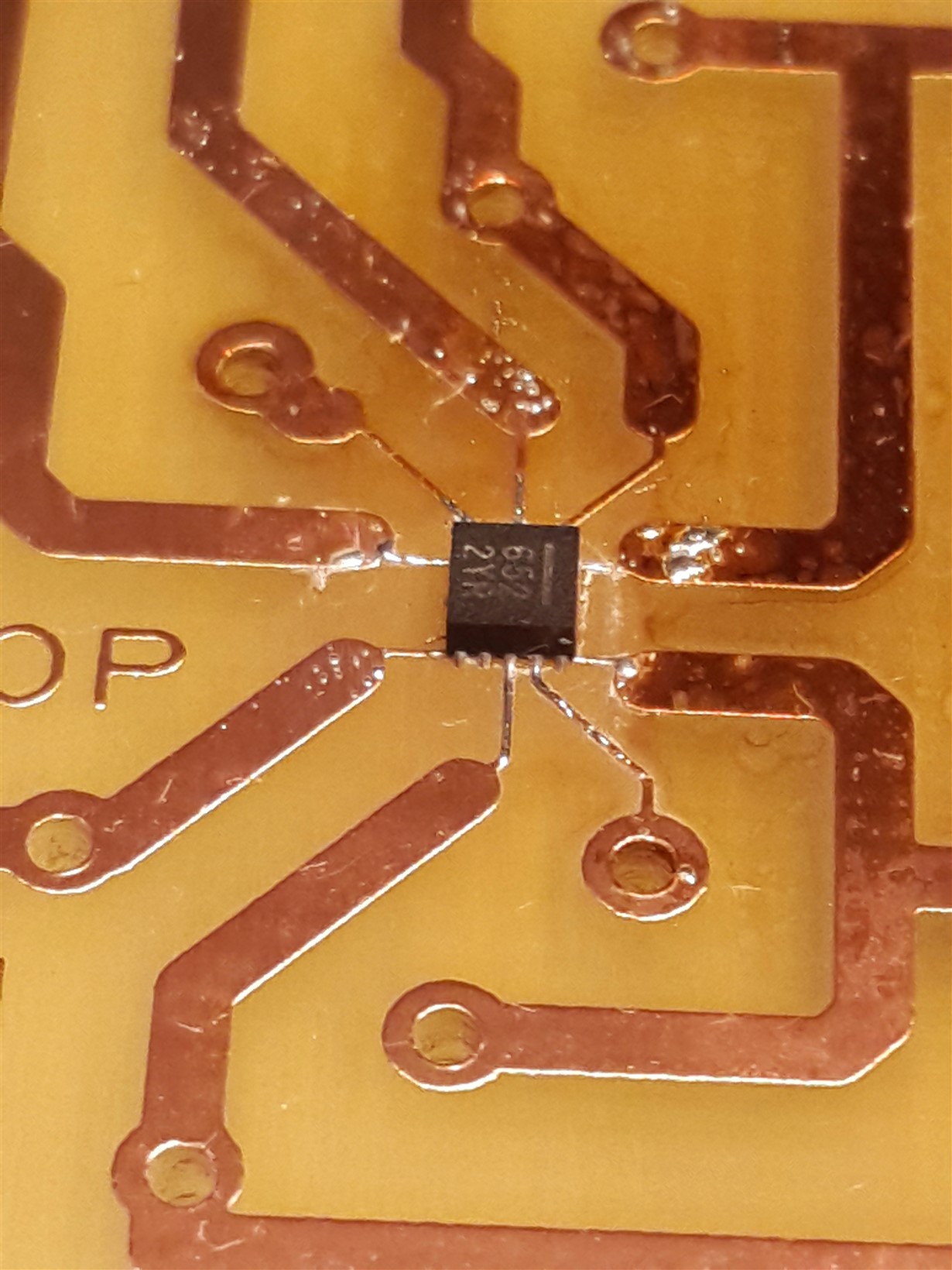What I'm looking for is a very very basic working example code just to check the communication between a MSP430 and a MMA8652 accelerometer trough i2c pins. For example something that writes and read a register and nothing else, like a "Hello World".
I have the MSP430 launchpad, the 8652 soldered in a board and I'm aware about i2c connections. I just need to verify that the 8652 is "alive".
Please help, thanks.



